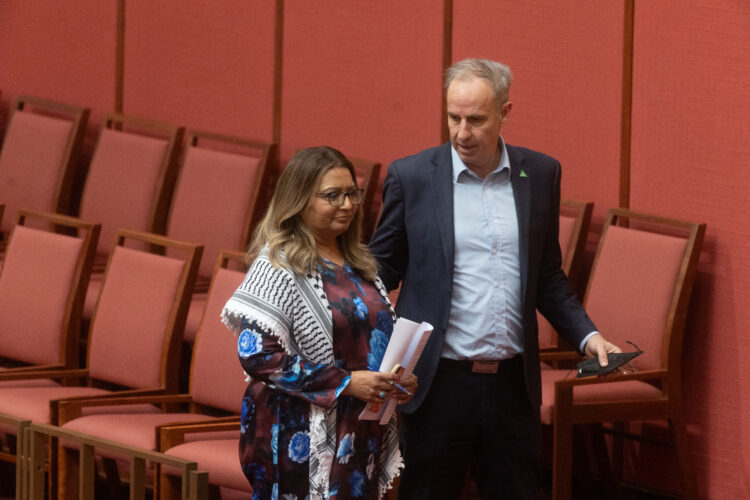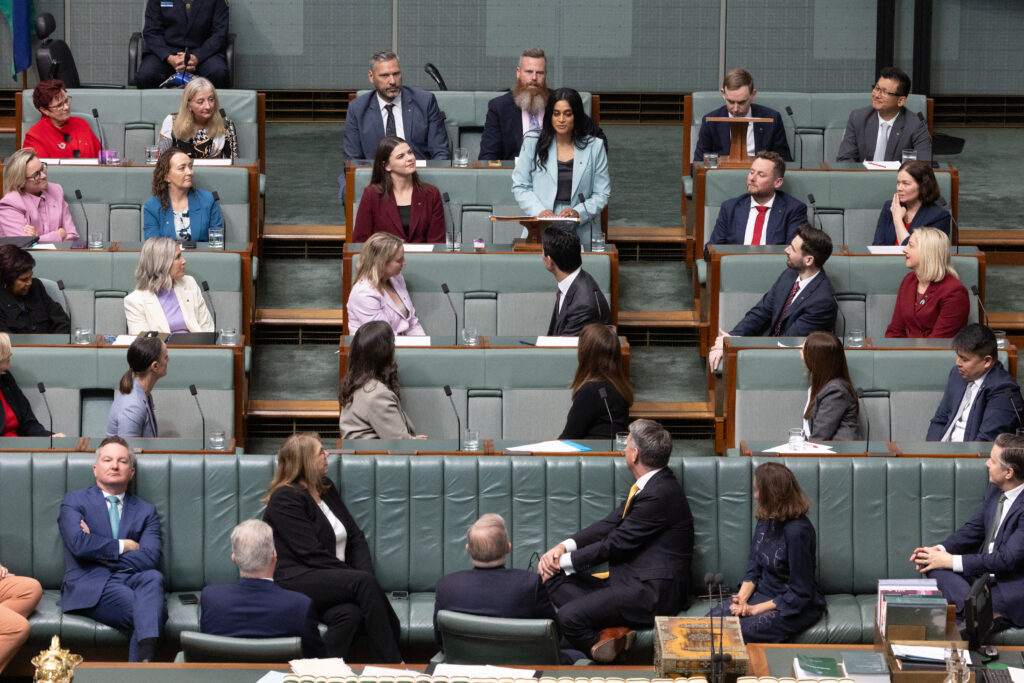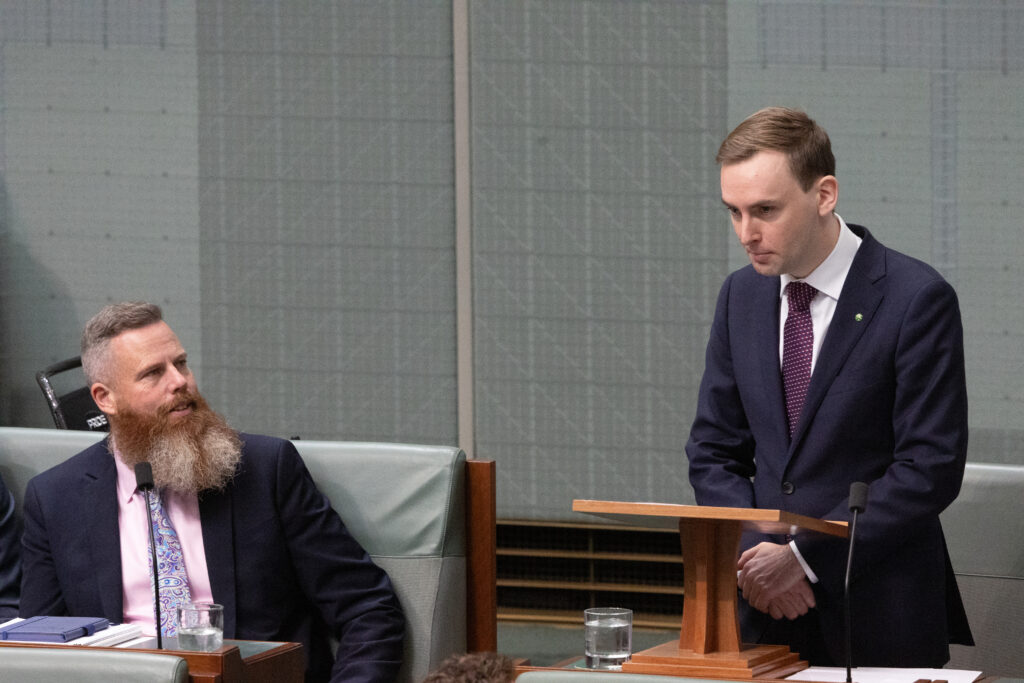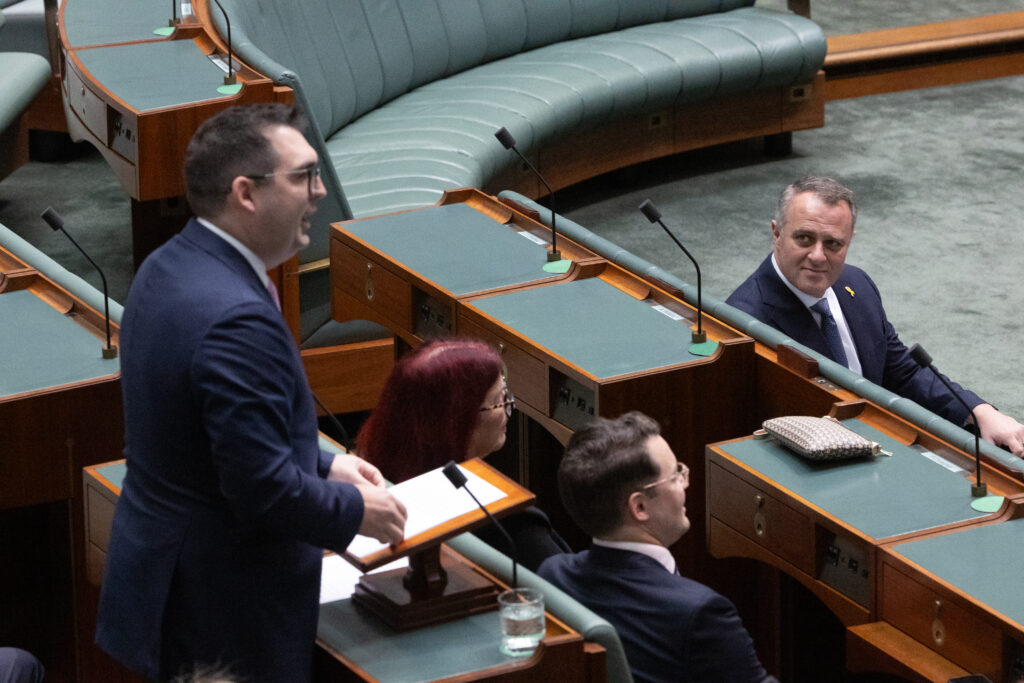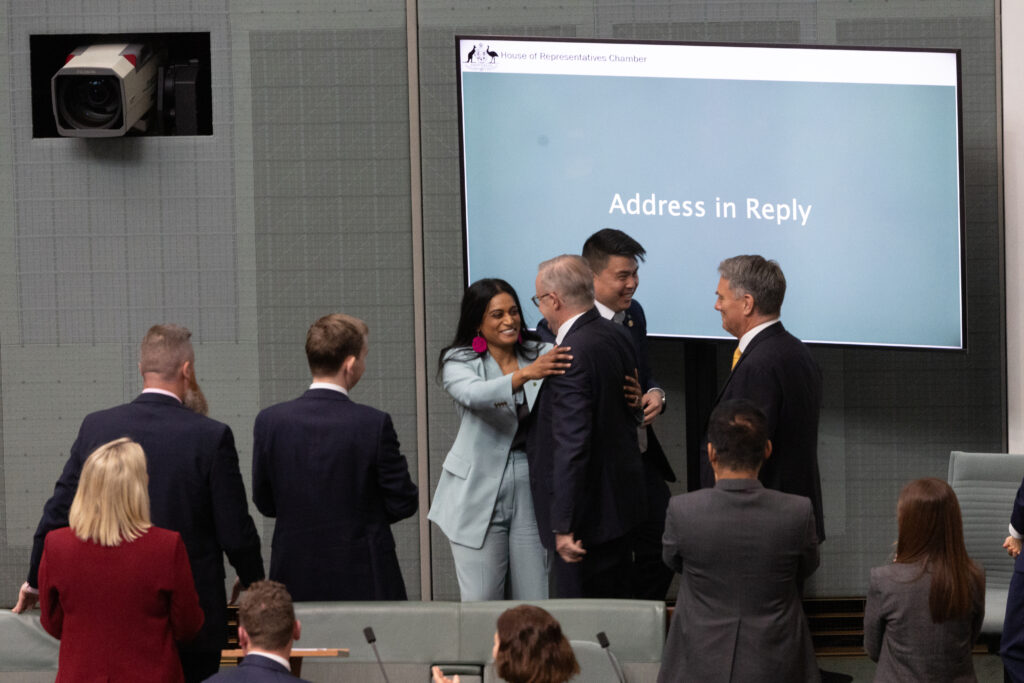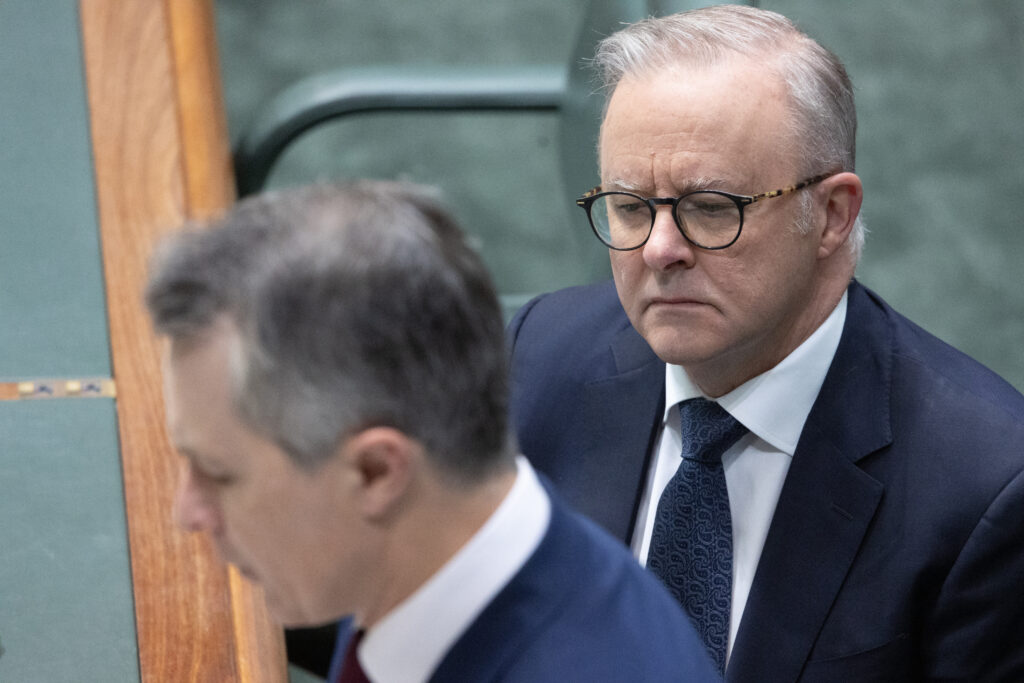While university leaders zip around the world, consultants are creating twin crises on Australian campuses
Joshua Black
University leaders are keeping their institutions in the news for all the wrong reasons. Yesterday, it was University of Technology Sydney’s (UTS) turn for a round of bad press. Five of its executives – including the Vice-Chancellor – zipped to the US for two alumni events in May, at a total cost of $140,000.
This is the same university that hired KPMG (at a cost of $4.8 million) to provide advice on how to cut $100 million from annual expenditure by the end of next year. While university leaders are jetting around the world, consultants are cooking up twin crises of finance and integrity at home.
Even for a large institution, $4.8 million is a huge amount of money. A brief glance at UTS’s 2024 annual report shows that this sum equates to:
· Half of UTS’s 2024 expenditure on laboratory supplies ($9.5 million).
· 87% of its insurance bill ($5.5 million).
· More than the entirety of UTS’s telecommunications expenses (nearly $3.4 million in 2024).
The KPMG contract itself costs the equivalent of 5% of UTS’s new savings target. (Face-palm.)
This kind of university largesse gives consultants not just millions of dollars at universities’ expense, but also a seat at the table where decisions about the future of these same universities are made.
UTS has been open about its KPMG contract. Others are not so transparent.
· The embattled Australian National University has been nothing but secretive about its reliance on Nous Consulting Group, who helped the current leadership cook up a $250 million cost-cutting adventure. Only through FOI documents did the public learn how integral Nous was to the whole process.
· When the University of South Australia’s council voted to merge with the University of Adelaide back in 2023, consultants from Accenture were in the room. They had prepared the feasibility study that led to the decision, and their presence was confidential until FOI documents brought it to light.
How do we address consultants’ influence on campus? First, the individual Acts governing Australia’s universities could be changed so that staff and students are meaningfully, democratically represented on university councils. (Corporate types are currently overrepresented on these bodies.)
State governments could introduce laws that require universities to report itemised consultancy spending for all contracts above $10,000. Such rules exist already in Victoria, ensuring greater transparency of their universities’ expenditure.
A national whistleblower protection authority, covering the public sector more broadly as well as universities specifically, would help to mitigate secrecy and unaccountability in university governance and spending.
Until we see big, meaningful reforms like these, university leaders can expect more criticism of the kind they’ve been experiencing lately.
